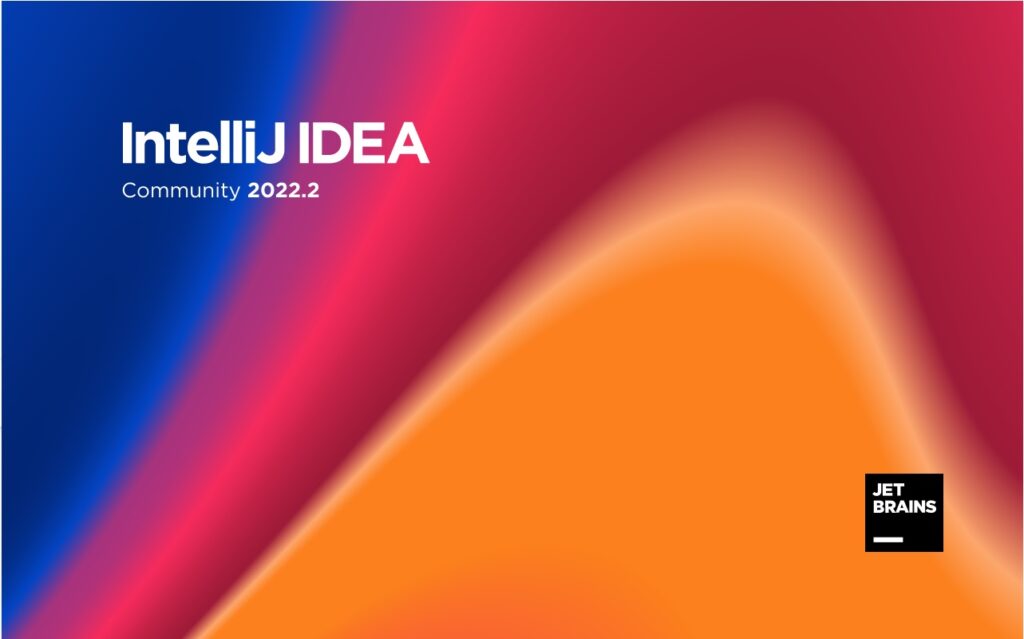
JetBrains has released IntelliJ IDEA 2022.2 – its comprehensive IDE – as well as RubyMine 2022.2, with updates to the family of tools based on IntelliJ IDEA to follow soon.

IDEA 2022.1 is the first to be based on the JetBrains Runtime 17, a fork of the OpenJDK. Previous releases used JetBrains Runtime 11, based on JDK 11, which was the prior LTS (long-term support) release, dating from 2018. Note this is the runtime used by the IDE, not the runtime for applications under development, which is chosen by the developer. According to JetBrains, the new runtime brings faster performance, better security, and improved rendering on macOS thanks to use of Apple’s Metal API. Runtime 17 also enables use of the Vector API for optimizing vector computations for specific CPU extensions.
Another key update is improved remote development support, including fixing some troublesome bugs. Port forwarding is now available for remote terminal processes, a common user request. Although JetBrains is putting intense effort into remote development features, much of the work remains in preview, including JetBrains Gateway which connects to remote machines via SSH.
“As we move closer to a stable release, we aim to bridge the gap between the experience of working with remote development and that of working in local IDEs,” the company said in a post.
Java developers get full support for Spring 6 and Spring Boot 3 in IDEA. Kotlin developers get full support for Kotlin 1.7.0, such as proper rendering of definitely non-nullable types. Groovy devs have support for GINQ (Groovy Integrated Queries), a feature of Groovy 4. JSON and YAML editing is improved with clickable URLs for web references. Docker developers get the ability to Copy Docker Image from an action, enabling easy pushing of images from one Docker daemon to another. Angular 14 is not fully supported yet, but Angular developers do get support for Angular standalone components. TypeScript support has been upgraded to version 4.7.
There are also usability updates including an option to “Run current file” which will automatically use a run configuration based on the file type. This is a time saver since setting up run configurations can be fiddly. There is also a new keyboard shortcut for changing font size globally, and for macOS, an option to merge all open project windows into tabs on a single window.
In the editor, a new option allows disabling of automatic block comment closure, quick access to code completion settings, and a new notification panel for faulty file type associations. Another neat feature is automatic generation of table of contents for Markdown files, based on headings in the document.
IDEA is the base IDE on which the other JetBrains IDEs are built, so this release enables upgrades to the other tools which will follow shortly. First out of the gate is RubyMine 2022.2 with a bunch of new features – and coming soon is PHPStorm 2022.2, the C# tool Rider (now using .NET 6), PyCharm and others.
Less welcome news for developers is that JetBrains is increasing its subscription prices from 1st October, by over 28% in some cases. VP of marketing Eugene Toporov said it was the first increase for 7 years in some cases. Comments to his post were positive in general.
“If I look at the subscription price increase, I think that it is less than the inflation over the period since the original prices were set,” said one customer – though another noted that “commercial licenses are 2.6 times as expensive per developer,” compared to personal licenses. Another observed though that “For folks considering abandoning JetBrains in favour of Visual Studio Code, just know that you are indirectly helping Microsoft drive the remaining IDE companies like JetBrains out of the market.”
